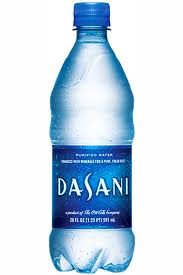 One of the themes running through Fooling Houdini that I like the most was the strong connection that Stone made between magic, con artistry, and even common business practices. Magicians have long been known for their ability to spot scams. After all, their profession is based on developing the ability to fool people. That is why Houdini, himself, spent much of the end of his career trying to debunk con artists. But as someone who teaches behavioral economics to business students, and in the process spends lots of time debating the ethics of exploiting consumer weakness, it was refreshing to see this passage from Stone’s book:
One of the themes running through Fooling Houdini that I like the most was the strong connection that Stone made between magic, con artistry, and even common business practices. Magicians have long been known for their ability to spot scams. After all, their profession is based on developing the ability to fool people. That is why Houdini, himself, spent much of the end of his career trying to debunk con artists. But as someone who teaches behavioral economics to business students, and in the process spends lots of time debating the ethics of exploiting consumer weakness, it was refreshing to see this passage from Stone’s book:
“Everywhere I looked, I saw rip-offs. Why do car rental agencies urge you to buy optional insurance when in most cases your own insurance, or credit card, covers any damage? Why does jock itch cream cost more than athlete’s foot medication, even though they’re the same thing? Is it because companies know they can charge a premium for a more embarrassing product? Why do Americans spend $8 billion each year on bottled water, when the two top-selling brands (Aquafina and Dasani) come from municipal sources? Why do so many investors buy mutual funds when most funds underperform the markets they’re supposed to one-up? (There are more funds than stocks. Think about that for a moment.)”
“Cruising down Interstate 15, I came upon a sign that read SPEED LIMIT 70 MPH ENFORCED BY AIRCRAFT and wondered if that, too, was a scam .”
Hard not to be a skeptic once you understand how easy it is to dupe people.
